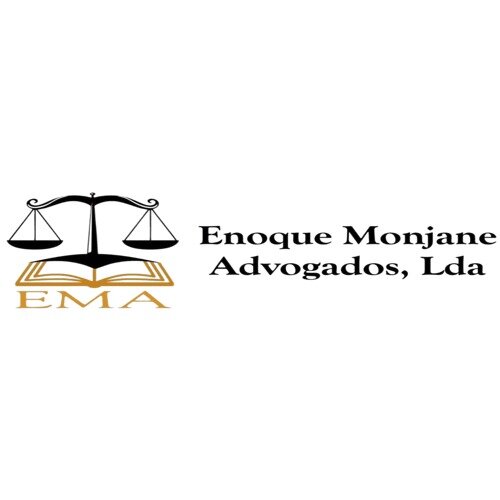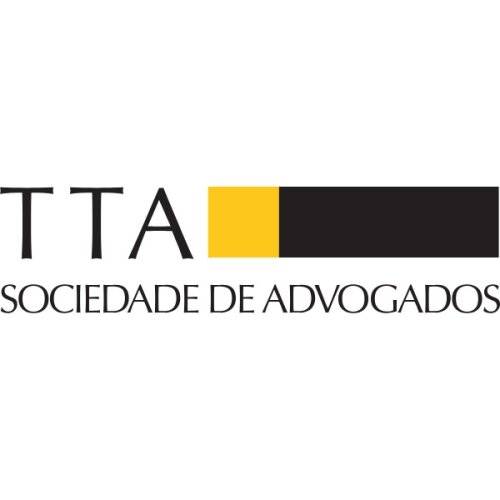Best Sexual Harassment Lawyers in Maputo
Share your needs with us, get contacted by law firms.
Free. Takes 2 min.
List of the best lawyers in Maputo, Mozambique
About Sexual Harassment Law in Maputo, Mozambique
Sexual harassment in Maputo, Mozambique, is recognized as a pressing issue within workplaces and public spaces. The awareness of the detrimental effects of sexual harassment has increased, prompting legislative measures to combat such behavior. Mozambique's laws aim to protect individuals from unwelcome sexual advances, demands, or any form of abuse that creates a hostile environment. The Mozambican government, along with various organizations, has been working to ensure that victims receive the necessary support and that perpetrators are held accountable.
Why You May Need a Lawyer
Sexual harassment claims can be complex, involving intricate legal processes and implications. You might need a lawyer if you are a victim seeking justice and restitution, or if you are accused and require defense. A lawyer can assist with filing complaints, navigating workplace policies, understanding your rights under local laws, and representing you in any legal proceedings. Additionally, a lawyer can help negotiate settlements or mediations and provide guidance on ensuring your workplace or environment becomes safe and inclusive.
Local Laws Overview
In Mozambique, sexual harassment is addressed under the country's Labor Law and other specific regulations designed to create safe environments. The local laws emphasize the obligation of employers to prevent sexual harassment and to take appropriate actions against it. Key aspects include defining sexual harassment, stipulating procedures for reporting incidents, as well as outlining penalties for offenders. Mozambique has implemented measures to ensure privacy for victims and has systems in place for the expedited processing of sexual harassment cases.
Frequently Asked Questions
What constitutes sexual harassment under Mozambican law?
Sexual harassment involves any unwelcome sexual advances, requests for sexual favors, or other verbal or physical conduct of a sexual nature that affects an individual's work or creates a hostile work environment.
How can I report sexual harassment in Maputo?
Reports can be made directly to your employer's human resources department. Alternatively, you can contact local labor authorities or report directly to the police if the incident involves criminal actions.
What protections are available for victims of sexual harassment?
Mozambican law provides victims with protection from retaliation by employers and allows for anonymity during investigations. Legal frameworks also establish access to psychological support services.
Are there penalties for false claims of sexual harassment?
Yes, Mozambique’s legal system includes provisions for penalizing false claims, as such claims can cause serious damage to the accused. It is crucial to ensure all claims are honest and substantiated.
How long do I have to report an incident?
The timeframe for reporting varies; generally, it's advisable to report any incidents as soon as possible to ensure prompt action and the preservation of evidence.
Can I settle a sexual harassment case outside court?
Yes, many cases are resolved through settlements or mediation to avoid lengthy court processes. However, it's best to consult a lawyer to ensure fair terms are reached.
What if my employer does not take action on my report?
If your employer fails to act on your report, you can escalate the matter to labor authorities or seek legal representation to explore further legal options against the employer.
Is sexual harassment in Mozambique only relevant to workplaces?
While workplace-related legal frameworks are robust, sexual harassment laws also apply to educational institutions and public spaces, offering broad protection to individuals.
What legal recourse is available against the perpetrator?
Perpetrators can face a range of penalties from internal disciplinary actions by employers to criminal charges under Mozambican law, depending on the severity of the incidents.
How can I ensure my workplace is safe from harassment?
Advocate for comprehensive workplace policies, regular training sessions, and a zero-tolerance approach to harassment. Encourage open discussions and clear reporting procedures.
Additional Resources
For further assistance, consider reaching out to the following resources:
- Ministry of Labor, Employment, and Social Security - for legal guidance concerning workplace harassment.
- The Mozambican Bar Association - to get a referral for legal representation.
- National Institute for the Support of Victims of Gender-Based Violence - offering support services to victims.
- NGOs involved in women's rights and workplace safety advocacy, such as Forum Mulher.
Next Steps
If you need legal assistance with a sexual harassment issue, begin by documenting the details of your situation thoroughly. Contact a reputable lawyer who specializes in labor law or sexual harassment cases. This can often be done through meetings or virtual consultations. Ensure that you understand your legal rights and options, and work closely with your lawyer to decide on the best course of action. Don’t hesitate to leverage support groups and counseling services available in Maputo to aid in your emotional and psychological recovery.
Lawzana helps you find the best lawyers and law firms in Maputo through a curated and pre-screened list of qualified legal professionals. Our platform offers rankings and detailed profiles of attorneys and law firms, allowing you to compare based on practice areas, including Sexual Harassment, experience, and client feedback.
Each profile includes a description of the firm's areas of practice, client reviews, team members and partners, year of establishment, spoken languages, office locations, contact information, social media presence, and any published articles or resources. Most firms on our platform speak English and are experienced in both local and international legal matters.
Get a quote from top-rated law firms in Maputo, Mozambique — quickly, securely, and without unnecessary hassle.
Disclaimer:
The information provided on this page is for general informational purposes only and does not constitute legal advice. While we strive to ensure the accuracy and relevance of the content, legal information may change over time, and interpretations of the law can vary. You should always consult with a qualified legal professional for advice specific to your situation.
We disclaim all liability for actions taken or not taken based on the content of this page. If you believe any information is incorrect or outdated, please contact us, and we will review and update it where appropriate.















